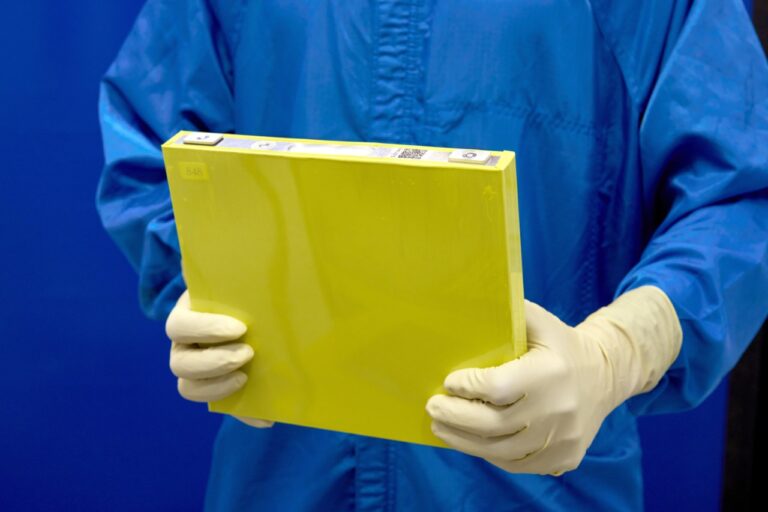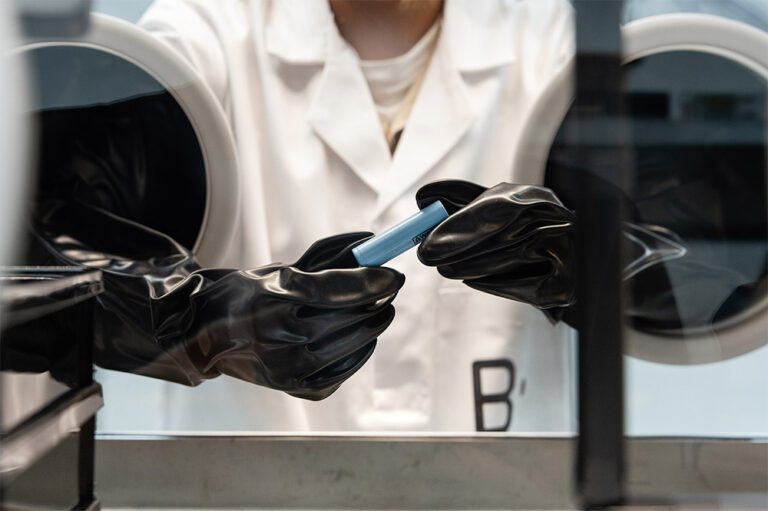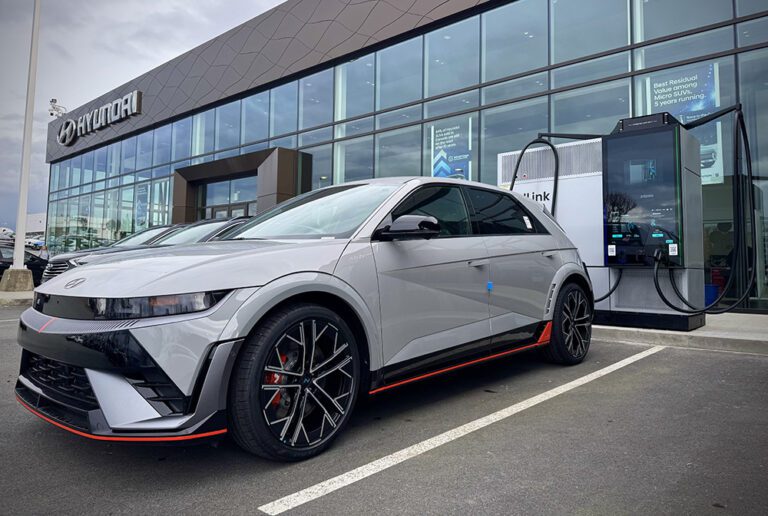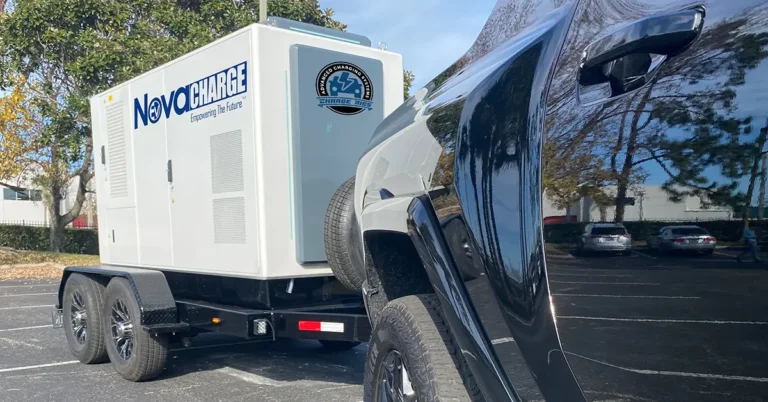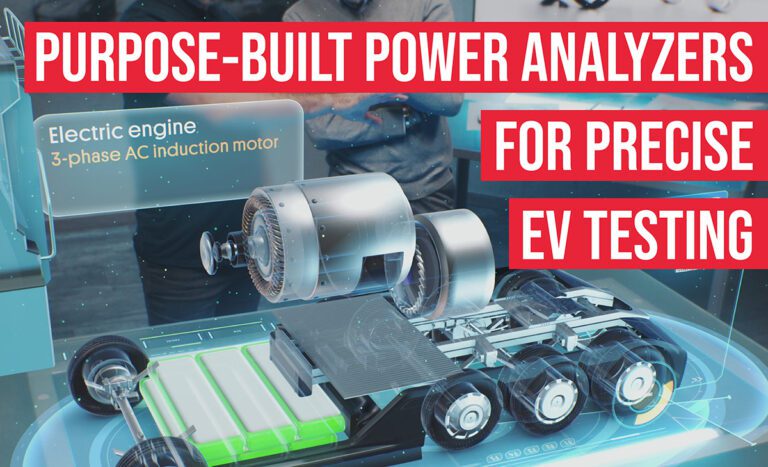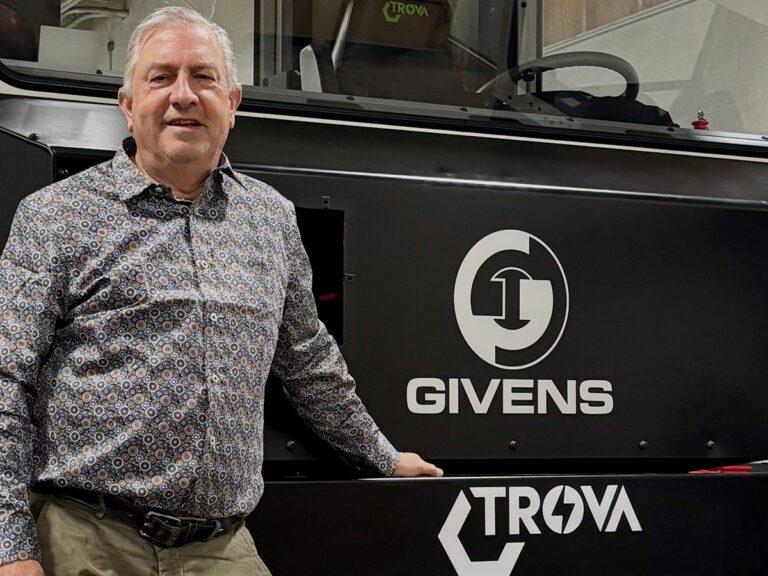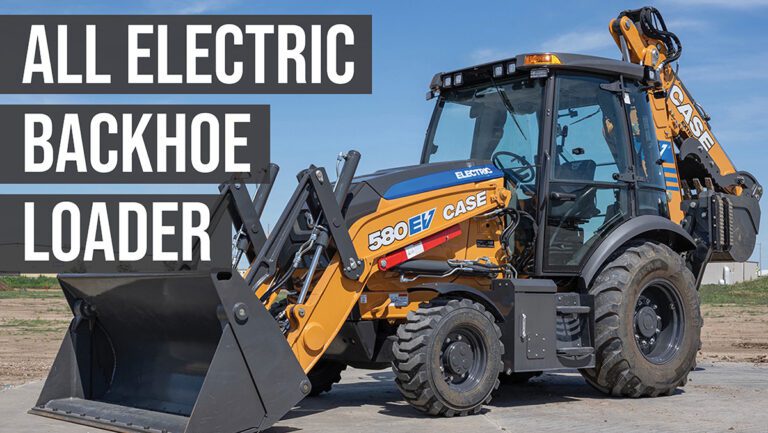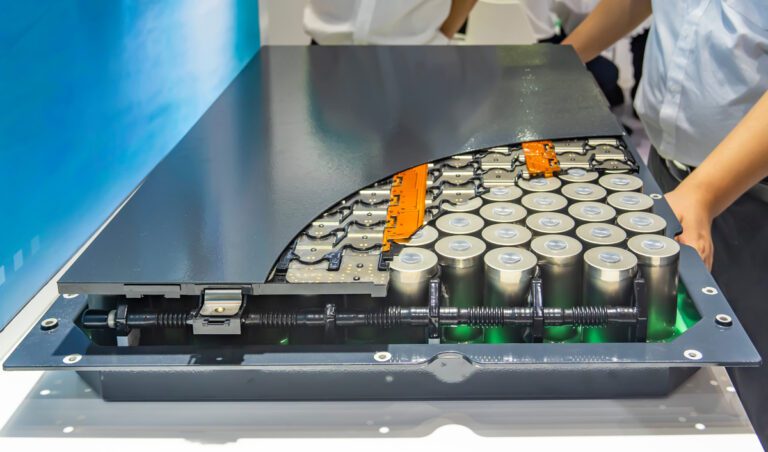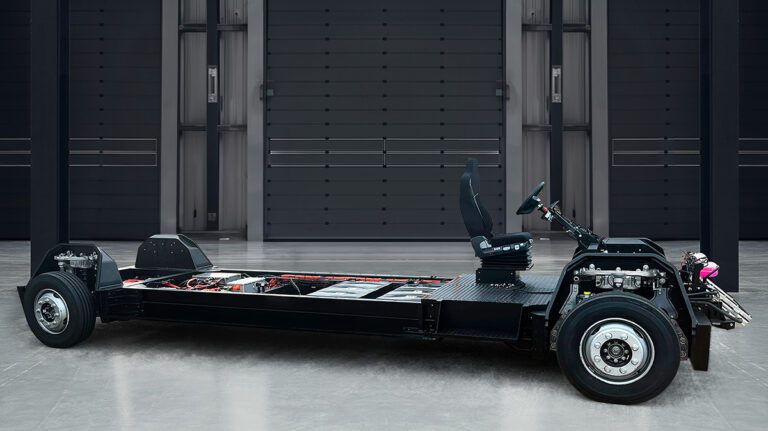GM and its battery partner LG Energy Solution have introduced a new type of battery cell that they say will enable EVs with “an attractive combination of long range and low cost.” The GM/LG joint venture Ultium Cells aims to start commercial production of LMR (lithium-manganese-rich) prismatic cells in the US in 2028, and GM… Read more »
Search Results Found For: "Performance Team "
Breathe raises $21 million, launches new battery software toolchain products
UK battery software developer Breathe Battery Technologies has raised $21 million in Series B funding and expanded its product portfolio from an embedded software program to a suite of battery simulation software, embedded software and battery services to support the full battery development process. The round brought in Swedish investment company Kinnevik, alongside previous investors… Read more »
XCharge and Hypercharge to deploy GridLink chargers across Canada
High-power EV charging and battery-integrated systems provider XCharge North America has formed a strategic partnership with Hypercharge Networks, a North American EV solutions provider, to bring GridLink chargers to Canada. XCharge will supply GridLinks to Hypercharge, which will distribute the chargers to automotive dealerships and other customers across British Columbia and Ontario. As part of… Read more »
NovaCHARGE’s new Flexx Mobile DC Fast Charger is designed to charge EVs on the go in demanding conditions
EV charging infrastructure provider NovaCHARGE debuted its new Flexx Mobile DC Fast Charger by Charge Rigs at the recent Electric Vehicle Charging Solutions (EVCS) conference in Las Vegas. The Flexx Mobile DC Fast Charger is designed to deliver rapid, efficient charging that fleet operators and emergency response teams can count on. In some cases, for… Read more »
A closer look at purpose-built power analyzers for precise EV test and measurement
Q&A with EV measurement engineering experts Coty Harrison and Cristian Loris of Yokogawa Test&Measurement. When tasked with measuring the electrical power of complex systems like EVs, an inexperienced engineer may first reach for general instrumentation like oscilloscopes, data acquisition (DAQ) systems and digital multimeters (DMMs). While these instruments serve useful roles in electrical testing—oscilloscopes analyze… Read more »
Interview: Trova CEO talks about company’s first-ever electric terminal truck
Trova Commercial Vehicles has launched a battery-electric terminal truck, the company’s first product to reach the market, and CEO Patrick Collignon sat down with Charged to talk about it. Terminal trucks are semi-tractor vehicles designed to move semi-trailers within a warehouse facility, cargo yard or intermodal facility. “One of the unique sides of Trova is… Read more »
Video: Electrifying heavy equipment – Case’s 580EV Electric Backhoe Loader
In a recent interview with Charged, Case Construction’s Brad Stemper, Brady Lewis, and George MacIntyre discussed the company’s push toward electrification in heavy equipment, specifically focusing on the 580EV electric backhoe loader. The conversation explored the development process, performance comparisons, industry adoption, and future implications of electrification in the construction sector. One of the main… Read more »
Northern Graphite starts sampling LDI graphite for battery anode materials
Canadian producer Northern Graphite is supplying samples of three standard battery anode material (BAM) products, as well as its Porocarb material, to manufacturers of lithium-ion and solid-state batteries. Northern’s demonstrator grades, produced using graphite from the company’s Lac des Iles (LDI) mine in Quebec acquired in 2022, are engineered to drive battery performance and meet… Read more »
Researchers enhance BMS to track battery vibrations and limit degradation
Research at the Battery and Power Electronics Research Group at Teesside University has found that embedding accelerometers to track vibration intensity and frequency into battery management systems (BMS) can detect early signs of battery degradation allow parameters to be adjusted accordingly. The research team, led by Professor Maher Al-Greer, Doctor Imran Bashir, and Khursheed Sabeel,… Read more »
REE Automotive’s modular REEcorners enable unprecedented flexibility in EV design
Taking the EV skateboard chassis to another level Q&A with Dr. Peter Dow, REE Automotive’s VP of Engineering. To a large extent, vehicles are designed around their propulsion systems. The first generation of modern EVs shoehorned an electric motor and a battery into a vehicle that was designed around an engine, a transmission and a… Read more »




